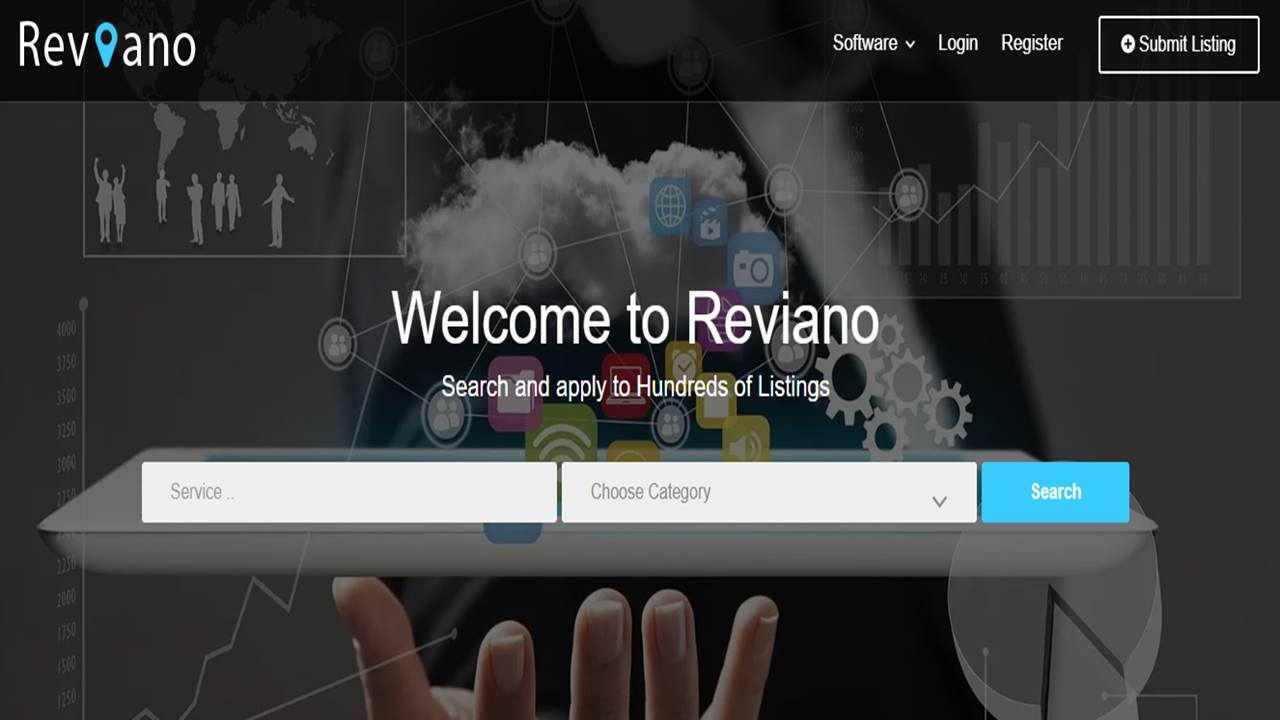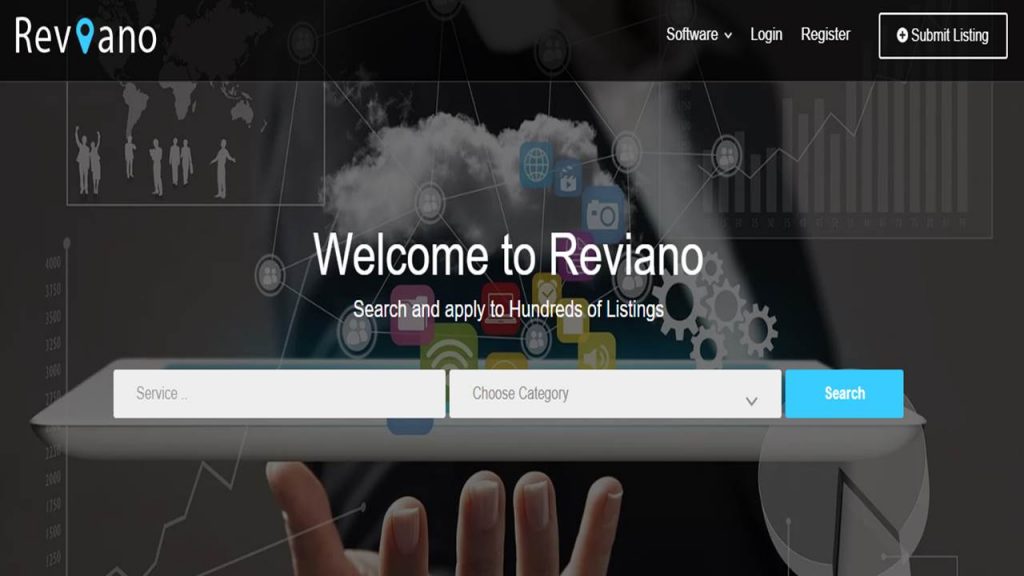CRM is all about interacting with customers on B2B and B2C levels dynamically and efficiently with respect to each customer individual criteria and preferences in order to build up and increase confidence in your brand and achieve stable and increasing sales rates, or what is known as the constant flow of revenue.
There are so many ways to achieve your goal when you are in business, and thanks to ever-increasing communication and broadcasting channels these days, this keeps on bringing up even more chances of success through marketing and sales business. Yet with bigger opportunities comes bigger challenges, and these challenges demand an ultimate level of scalability and awareness, besides new techniques to develop and adapt with these rapid variations.
This level of pressure and constant challenge could never be met with limited human efforts and brain capacity for keeping knowledge and information that needs to be in synchronization at all times, and that’s where the urge for this piece of modern technology known as CRM software with all its shapes and functionality came so high.
CRM nowadays comes in different figures and serve a wide range of purposes; Operational, analytical, collaborative, or even social media and mobile, besides technically enhanced artificial intelligence based CRM which are the latest trend.
Operational CRM: is the most basic and widely known type which serves combining the three key essentials in business (Marketing, sales, and support) providing operational dashboard to automate and evaluate prospects journey based on a definite set of touch points and actions, with most relevant support along the way until final stage of conversion and purchase.
Analytical CRM: helps create better enhanced analysis and reports for a capital of data driven or Intel and usually used by bigger establishments and industries or in governmental and population field. This type is well known to use powerful data mining and correlation techniques, in addition to pattern recognition etc.
Collaborative CRM: create links between industries providing stakeholders with most crucial data on prospects to improve communication, promotions creation and so forth. This type is most significant with using automation techniques on more applicable channels such as email and mobile marketing through SMS.
Social Media CRM: specializes in deriving and segmenting prospects based on modern standards and preferences concerning this vast interaction with online communities mostly represented through Facebook, twitter, linkedin, and instagram. Those upgraded equipment help industries keep a tight track over customers via close listening over these social networks and interacting in a successful and productive way to the welfare of their brand. All proving the theory of social media power.
Mobile CRM: adopts the idea of empowering mobile devices, which have reached an unprecedented level of tech savviness, With the adequate tools to bring what long used to be a stationary job requires a desk or table to the world of in-motion achievements, or what is globally known by the term “on the go”.
Intelligence CRM: is the most advanced service offered by leading providers in the field, based on a third brain or what is known as “AI” to bring in unusual solutions and openly suggest follow up actions on business, driving sales and marketing efforts to unmatched broads of success in its better engineered versions.
What makes the difference on sales using CRM?
Now that we discussed different and most common types of CRM available till day, it’s important next to understand how CRM software & integrations actually benefit different types of industries and profitable kinds of services advance their sales rates and boost their ROI (return on investment) to achieve sure success on revenue.

Successful and most suitable of CRM software help business achieve the following power points:
- Find the right customers: CRM platforms work as a pool for data collected via marketing campaigns, social media listening, email marketing, and other various automated techniques used to establish leads and customers over the process. It link all marketing efforts and passing them through sales pipelines accompanied by critical intel on each case or segment of leads to ensure better rates of deal closing and conversion. Driving higher ROI rates in.
- Create more sustainable relationships: through developing a deeper understanding for each customer needs, preferences, challenges, and expectations. And interact respectively according to these data generated inside CRM systems which obtain, on its best products, the means to send in even deeper 1 on 1 interactions with customers no matter how rapidly your business or establishment may grow. CRM solutions help you always stay in touch on most perfect times and with most relevant contents.
- Reduce the cost of sales: Through introducing capable lead scoring and evaluation metrics and analysis/reporting techniques mostly automated. This helps improving sales in so many ways, when marketing teams know where to lay their focus and reach untapped opportunities through existing customers and improve upsell/ cross-sell efforts to generate an even increasing ROI instead of wasting time and effort on less likely conversions. CRM also paves the way between marketing and sales teams giving way to improved workflow and collaborative measures to ensure faster, and more accurate deals closing.
- Increase employee productivity: through automation of such time consuming and cumbersome tasks as gathering intel and individual customer information as well as manually enter for these data, beside creating reports and observations. Giving marketers and sales rep more time to focus on actual interaction with customers and setting more detailed and better tailored plans for enhancing relationships with clients & improving success rates.
- Offer better customer service: The bigger challenge comes after winning customers, is actually keeping them loyal to your brand, that’s why CRM platforms are so important for they give teams various levels of access and following up on loyal customers and freshly converted ones to encourage them remain in touch through relative timely contacts and messaging, in addition to robust evaluation and enquiry support systems to help these loyal customers stay confident in your brand or service.
- Improve customer retention: CRM gives broad visibility over customers and allows for transparency for valuable data, this enables cooperative efforts to enrich top of the funnel customers and re-establish endangered ones. All leads to creating solid trust and satisfaction for customers which reflect over business success and guarantees long lasting relationships and overflowing revenue.
From all the previous points we may easily derive the strong ties between a reliable CRM and increased sales rates. CRM is an irreplaceable asset on a well valued business, and without the suitable CRM platform to manage each granular piece of valuable knowledge for customers driven through all collective efforts over sales, marketing, and support, bonds get easily lost, and data soon loses its purpose for driving success in, and what someday started as a great business idea, easily perishes into oblivion. So be aware of the value of your best friend and most loyal companion that’s what CRM software is.

